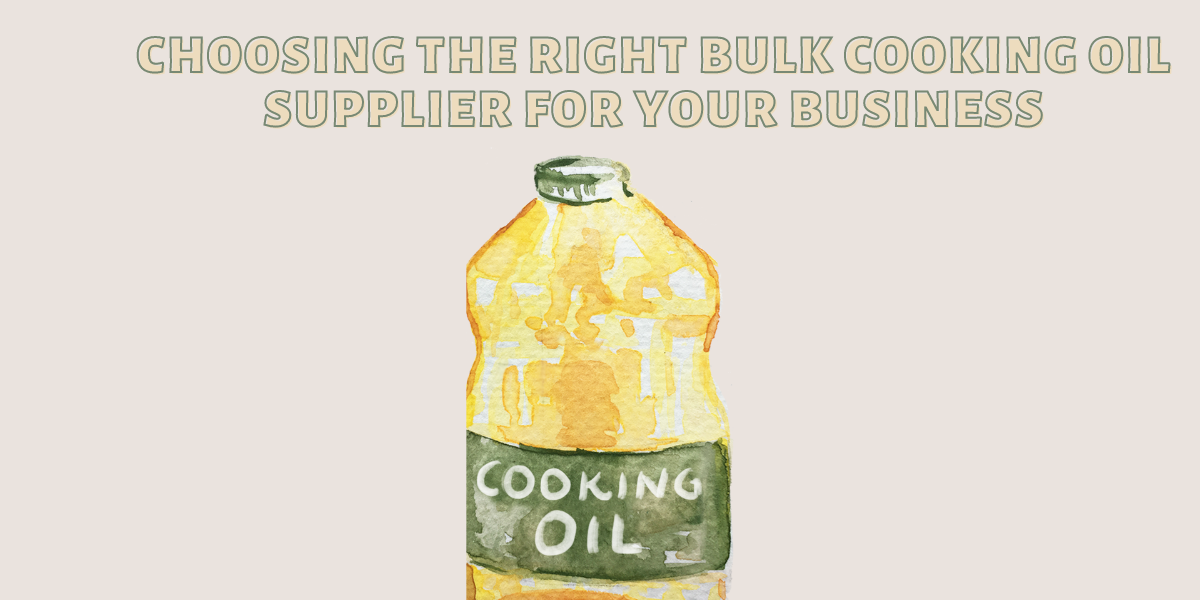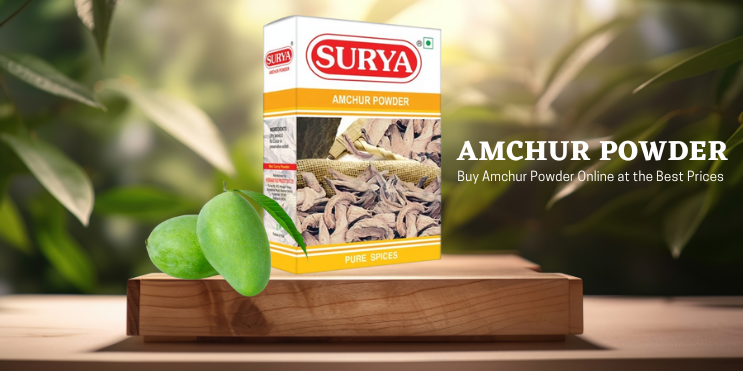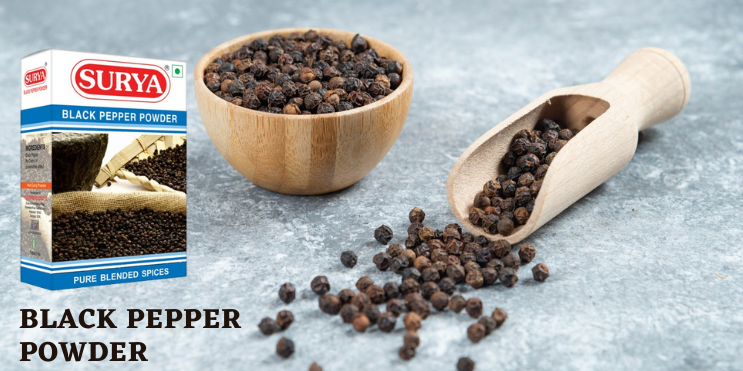Whether you run a restaurant, food production facility, or catering business, sourcing high-quality cooking oil in bulk is a fundamental aspect of your operations. The choice of bulk cooking oil supplier can significantly impact the taste, quality, and cost-effectiveness of your culinary creations. In this article, we will guide you through the process of selecting the right bulk cooking oil supplier for your business, ensuring that you make an informed decision that aligns with your specific needs and objectives.
- Assess Your Cooking Oil Requirements
Before embarking on the journey of selecting a bulk cooking oil supplier, it’s essential to have a clear understanding of your business’s cooking oil requirements. Consider factors such as:
- The volume of cooking oil needed on a regular basis.
- The type of cooking oil required for your menu or product offerings (e.g., vegetable oil, olive oil, canola oil, etc.).
- Any specific dietary or quality standards you need to adhere to.
- Your budget constraints and pricing considerations.
Having a comprehensive understanding of your needs will guide your search for a supplier that can best meet these requirements.
- Research Potential Suppliers
Once you’ve established your cooking oil requirements, it’s time to research potential suppliers. This can be done through various means:
-
Online Research: Start with an online search for bulk cooking oil suppliers in your region. Look for suppliers with a strong online presence and informative websites.
-
Ask for Recommendations: Reach out to industry colleagues or peers who might have experience with bulk cooking oil suppliers. Recommendations and referrals are often valuable sources of information.
-
Local Trade Associations: Contact local trade associations related to the food industry. They may have resources or directories of trusted suppliers.
- Evaluate Supplier Qualities
As you compile a list of potential suppliers, assess each based on a set of criteria that are important for your business. Consider the following factors:
-
Quality and Consistency: Ensure that the supplier provides high-quality cooking oil that meets your standards and consistency in terms of taste and performance.
-
Delivery and Lead Times: Evaluate the supplier’s ability to meet your delivery needs and lead times. Timely delivery is crucial to avoid disruptions in your operations.
-
Pricing and Payment Terms: Compare pricing among potential suppliers, but also consider the payment terms, including credit, discounts, and terms for price adjustments.
-
Customer Support: Assess the level of customer support and responsiveness the supplier offers. Quick and efficient customer service can be invaluable in addressing issues and concerns.
-
Certifications and Compliance: Check if the supplier adheres to industry standards, food safety regulations, and has relevant certifications.
- Request Samples
Before making a commitment, request samples of the cooking oil from your shortlisted suppliers. This will allow you to evaluate the product’s taste, texture, and suitability for your specific culinary needs. Sample testing is a crucial step in ensuring that the cooking oil aligns with your expectations.
- Consider Sustainability and Environmental Practices
Increasingly, businesses are focusing on sustainability and environmentally responsible practices. If these factors are important to your brand or business values, inquire about the supplier’s sustainability efforts, such as responsible sourcing, eco-friendly packaging, and waste reduction practices.
- Review Contracts and Agreements
Once you’ve narrowed down your choices, carefully review the terms and conditions of the contract or agreement offered by the supplier. Pay attention to pricing, delivery schedules, quality standards, and any clauses related to dispute resolution.
Conclusion
Selecting the right bulk cooking oil supplier for your business is a decision that can impact the quality, cost, and overall success of your culinary endeavors. By assessing your requirements, conducting thorough research, evaluating potential suppliers, requesting samples, and considering sustainability practices, you can make an informed choice that aligns with your business goals and culinary standards. A reliable and high-quality bulk cooking oil supplier can be a valuable partner in your culinary journey, ensuring that your dishes consistently meet the expectations of your customers.













